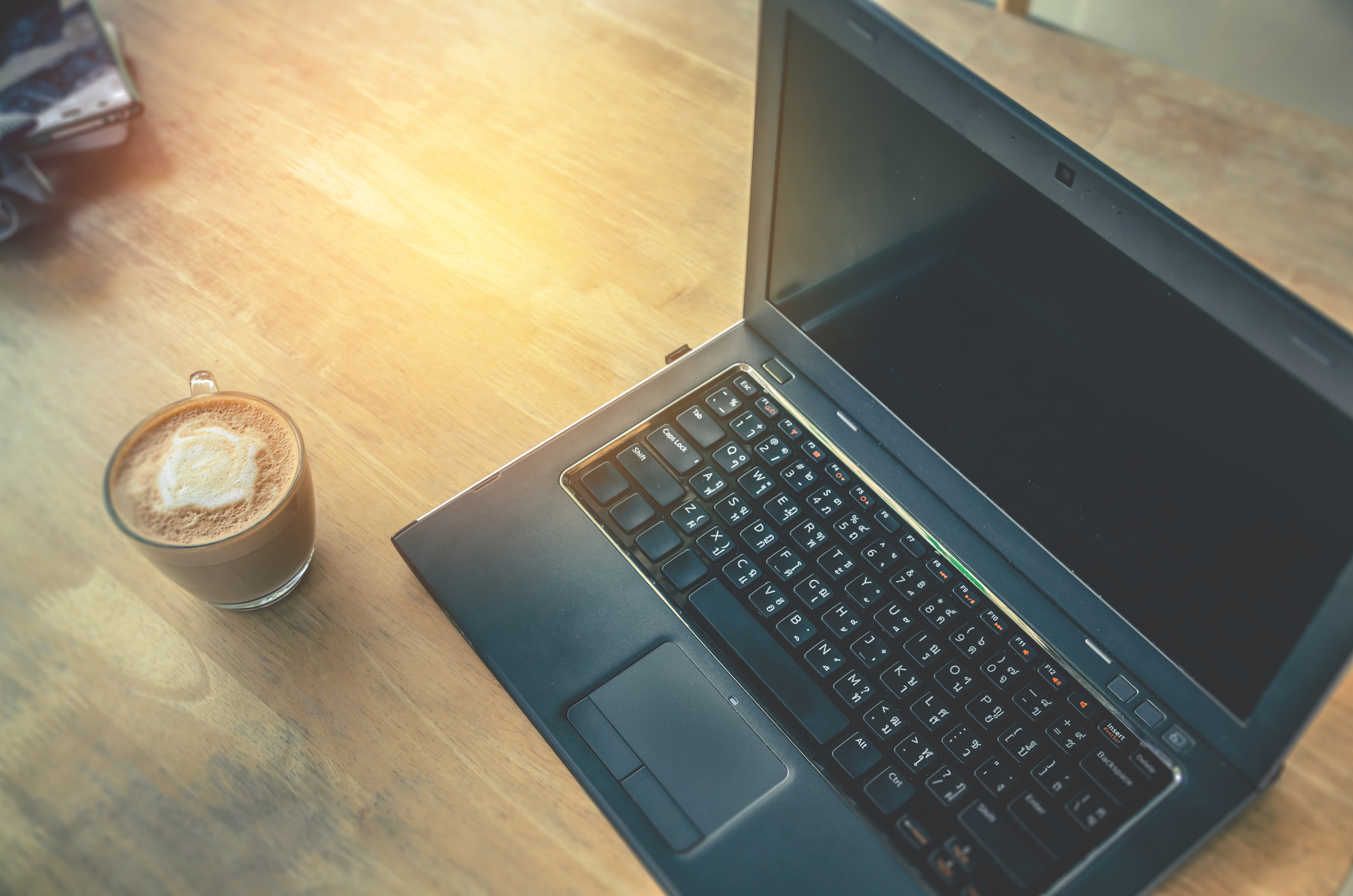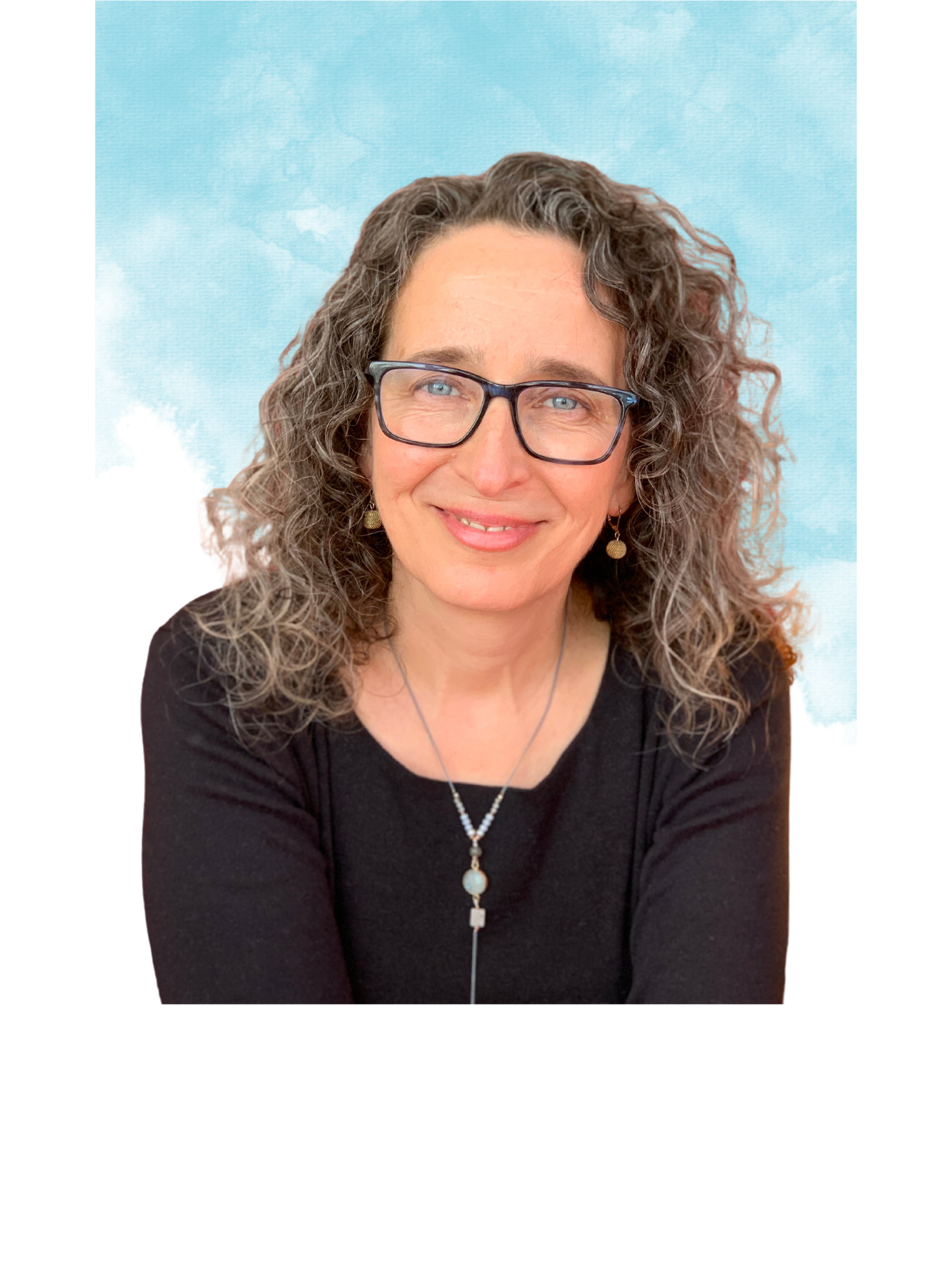In Person:
160 Christian Street, Oxford, CT 06478
Online Therapy:
Connecticut, Maryland, Virginia. HIPAA. Secure Video. Convenient.
Call: 802-578-3700 or Email: connect@mindbodywelltherapy.com
A woman-centered holistic mental health private practice offering holistic therapy & neurofeedback brain training
160 Christian Street, Oxford, CT 06478
Connecticut, Maryland, Virginia. HIPAA. Secure Video. Convenient.
Call: 802-578-3700 or Email: connect@mindbodywelltherapy.com
Tips for Sourcing Credible Information page updated 02-01-2023 ~ Written by Lucrezia Mangione, LCPC, NCC, BC-TMH, DCEP

Question: How do you sift through all the info on health and wellness? Answer: Use your brains and this tipsheet.
You’ll find tips on where and how to look for articles - tips beyond just Googling a topic.This page is also helpful for the person who likes to research things.
It can be hard to figure out which articles are based on accurate information and which aren’t. Sometimes it’s quality, real info and sometimes it’s not. Let’s get started so you can find exactly what you need on topics like holistic wellness, holistic therapy, or health wellness or whatever you fancy.
Articles that are easy to read and have quality info can be helpful. They can offer support information that can help you talk with your counselor, medical doctor and other health providers. They may help you make a more informed decision and choice related to your wellbeing. Quality health and wellness articles educate and teach.
Here’s where to turn to get access to quality information beyond Google and Bing.
Got a library card?* Log onto your local library’s website.
Once on your library’s homepage, there’s usually a “Research” tab at the top. Clicking on that will bring you to a menu. Choose to search for “health” among other topics. By clicking on “health” you gain access to a variety of resources. Some of which you may be familiar with and some not.
Through your library, you have resources and articles that offer good quality information. Best yet, if you have questions about what you’re reading, your friendly, neighborhood Librarians are there to help you find answers.
*Don’t have a library card? Go get one! :-)
You can get access to many more peer-reviewed journals. Peer-reviewed journals are publications that academic institutions pay subscriptions for to keep up-to-date on research and related news. Through them you have access to great health and wellness articles.
You might be thinking that you are not a student or on staff at that college, university, right?
These state libraries welcome the public to use their resources. The catch is you have to go onsite to their library’s location. Yes, you have to be physically in the building.
Generally, you can’t check-out books or journals and other items if you’re not a student or on staff. By going onsite you’ll be able to use their databases to do searches for any mental health or wellness topics of your choosing and read them. Sometimes photocopying is available but there is usually a small fee for copies.
You can confirm that your state university allows this, just to be sure. Simple to find out. Go online and do a search for your local state university library branch near you. Check-out their website. Click on their libraries tab. Once on the general library info page, you’ll find basic information about hours and access as a non-student or non-teacher or non-university staff person.
Even if you’re not in or near Washington, DC you have access to a huge amount of information at our Nation’s library. Some of it will be redundant if you already went to your local or academic or state university library. Additionally, you can use their catalogs to see books that give information on current health and wellness articles.
Got a friend or family member who works at a college or university? If so, they likely have access to their school library’s journals and articles on many subjects including health and wellness for free.
Talk to them. Ask them for help. See what doors can open to quality information to support your overall mental health and health wellness.
It’s often best if you do the research first elsewhere. Find the current health and wellness articles you want and send your friend or family member the citation for it. It saves them time and it's respectful.
If you're in college or have graduated, you have access to Google Scholar using your school ID and passcode. You can do searches for health and wellness articles in peer-reviewed journals and more. You’ll be able to get the article if your school subscribes to the journal in which the article was published.
That’s not even the best part. The best part is that you can set up alerts with Google Scholar. When anything is published on your topic you’ll get an alert sent to your mailbox. It’s like having someone else do the research for you. Using alerts is a time saver.
Everyone has access to PubMed.gov. PubMed focuses on health science and offers an incredible database of info. All for free. PubMed also offers tutorials and manuals (and more) to help you find and learn about different topics.

“If I have seen further it is by standing on the shoulders of giants.” Isaac Newton
A word about good quality articles: academic articles typically get published in journals. There are many, many quality journals with academic scholars who are experts in their field. A quality journal has a review-board review manuscripts before they’re published. This is called a “peer-review.”
Watch out for non-peer reviewed journals. Sometimes non-peer-reviewed journals do not contain accurate information. In fact, they deliberately contain misinformation. These are considered “scam journals” or “predatory journals” that copy articles from other websites or make stuff up. They are so well done that sometimes you can’t tell the difference.
Be smart. With about 3 extra minutes of questioning whether you’re on a predatory site or not you’ll be able to sniff out fake info. Here’s how-to do that. Ask these questions as you review the site:
These questions are very easily and quickly answered with authentic peer-reviewed journals. It’s very clear. When you have trouble finding out whether or not a journal is peer-reviewed then it’s likely a misinformation “predatory site.”
Many health professionals and experts write excellent, quality articles, too. These are the articles you can find for free on the internet using search engines. Learn who the authors are and why they’re considered an expert.
These academic research articles are about or related to academic and health research on mental health wellness, Energy psychology (EP), Emotional Freedom Technique (EFT), Healing Touch (HT) and Reiki. They represent studies on pain, anxiety, stress, mental health wellness and/or nausea and the effect of these complementary-integrative health methods. Unfortunately, most of the full peer-reviewed articles cannot be provided here because of copyrights. Instead, you can read the important gist of the article from the abstract. Abstracts are without charge. Here's the link.
 Lucrezia Mangione
Lucrezia MangioneHello. This is Lucrezia Mangione. My goal is to provide helpful information related to the work here at Mind Body Well Therapy, PLLC. If you found errors or think have any tips for sourcing credible information to make this page more useful, drop me an email.
PubMed.gov
Union Institute and University Library
Explore whether holistic therapy, EEG brain training, or KAP ketamine-assisted psychotherapy right for you. Reach out for a no-charge consult.
Lucrezia Mangione works to lift up anxious, highly sensitive women in discovering how to fine-tune their focus and attention, feel shielded from other people’s needs, and discover the strengths of being sensitive so that they stay steady amid the busyness, feel calm and more spacious, have more peace of mind to live and work on their own terms. Lucrezia Mangione is a board
certified licensed professional counselor, board certified telemental
health provider, neurofeedback trainer, KAP ketamine-assisted psychotherapy therapist and approved
counselor supervisor.
She is the owner of Mind Body Well Therapy, Pllc, a private practice.